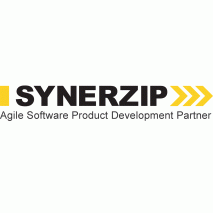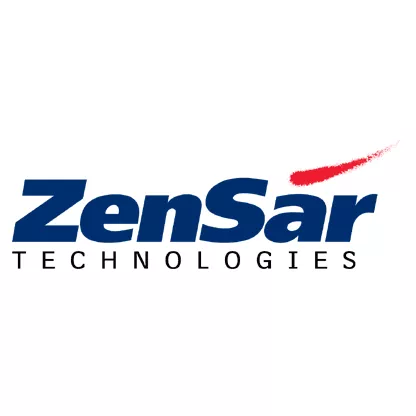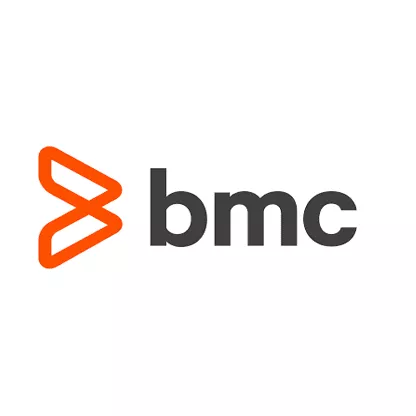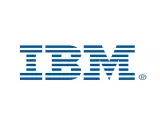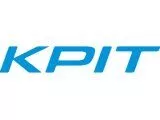python with data science course
What is Data Science?
Data Science is an interdisciplinary subject that uses scientific methods, algorithms, and procedures to extract knowledge and insights from structured and unstructured data. Large-scale data sets are analyzed through techniques such as predictive modeling, data mining, analysis of statistics, and machine learning. This facilitates the discovery of latent patterns and trends in the data.
40+ hrs course duration
15+ hrs assignment duration
100% receive an Offer Letter

Python with Data Science Course
The key function of data science is gathering, analyzing, and cleansing data to make wise decisions that guide responsible behavior.
Expertise in programming, statistics, and mathematics is used by data scientists to evaluate large volumes of complicated data and assist businesses in problem solving and strategic decision making. Numerous industries have an impact on this, including data science, marketing, technology, healthcare, and finance. Data Science enables businesses to improve productivity, streamline operations, and gain a competitive advantage in the ever-changing landscape of the digital world by translating raw data into actionable insight.
Duration
4 months
Modules Covered
Data Science, Python, Machine Learning
Assignments
Recordings
1 Year
Support
24X7
Study Material
Installation, setups, and eBooks
Placement Support
100% receive an Offer Letter
Calls
unlimited till 1 year
EMI Option
Available
Enquire Now
Brighten your career with Python with Data Science Course
Key features
- Live Training
- Course Duration : 5 Months
- 24*7 Lifetime Support
- Job Assistance Program
- Projects : Real Time projects
Nothing stops you from Learning
Nothing stops you from learning, we provide EMI options for our trainings.
Apply Now
Python with Data Science Course Syllabus
1. An Introduction to Python
- Why Python , its Unique Feature and where to use it?
- Python environment Setup/shell
- Installing Anaconda
- Understanding the Jupyter notebook
- Python Identifiers, Keywords
- Discussion about installed module s and packages
2. Conditional Statement ,Loops and File Handling
- Python Data Types and Variable
- Condition and Loops in Python
- Decorators
- Python Modules & Packages
- Python Files and Directories manipulations
- Use various files and directory functions for OS operations
3. Python Core Objects and Functions
- Built in modules (Library Functions)
- Numeric and Math’s Module
- String/List/Dictionaries/Tuple
- Complex Data structures in Python
- Python built in function
- Python user defined functions
4. Introduction to NumPy
- Array Operations
- Arrays Functions
- Array Mathematics
- Array Manipulation
- Array I/O
- Importing Files with Numpy
5. Data Manipulation with Pandas
- Data Frames
- I/O
- Selection in DFs
- Retrieving in DFs
- Applying Functions
- Reshaping the DFs – Pivot
- Combining DFs Merge Join
- Data Alignment
6. SciPy
- Matrices Operations
- Create matrices Inverse, Transpose, Trace, Norms , Rank etc.
- Matrices Decomposition Eigen Values & vectors SVDs
7. Visualization with Seaborn
- Seaborn Installation
- Introduction to Seaborn
- Basics of Plotting
- Plots Generation
- Visualizing the Distribution of a
- Dataset
- Selection color palettes
8. Visualization with Matplotlib
- Matplotlib Installation
- Matplotlib Basic Plots & it’s Containers
- Matplotlib components and
- properties
- Pylab & Pyplot
- Scatter plots
- 2D Plots
- Histograms
- Bar Graphs
- Pie Charts
- Box Plots
- Customization
- Store Plots
9. SciKit Learn
- Basics
- Data Loading
- Train/Test Data generation
- Preprocessing
- Generate Model
- Evaluate Models
10. Descriptive Statistics
- Data understanding
- Observations, variables, and data matrices
- Types of variables
- .Measures of Central Tendency
- Arithmetic Mean / Average
- Merits & Demerits of Arithmetic Mean and Mode
- Merits & Demerits of Mode and Median
- Merits & Demerits of Median Variance
11. Probability Basics
- Notation and Terminology
- Unions and Intersections
- Conditional Probability and Independence
12. Probability Distributions
- Random Variable
- Probability Distributions
- Probability Mass Function
- Parameters vs. Statistics
- Binomial Distribution
- Poisson Distribution
- Normal Distribution
- Standard Normal Distribution
- Central Limit Theorem
- Cumulative Distribution function
13. Tests of Hypothesis
- Large Sample Test
- Small Sample Test
- One Sample: Testing Population Mean
- Hypothesis in One Sample z-test
- Two Sample: Testing Population Mean
- One Sample t-test – Two Sample t-test
- Paired t-test
- Hypothesis in Paired Samples t-test
- Chi-Square test
14. Data Analysis
- Case study- Netflix
- Deep analysis on Netflix data
1. Exploratory Data Analysis
- Data Exploration
- Missing Value handling
- Outliers Handling
- Feature Engineering
2. Feature Selection
- Importance of Feature Selection in Machine Learning
- Filter Methods
- Wrapper Methods
- Embedded Methods
3. Machine Learning: Supervised Algorithms Classification
- Introduction to Machine Learning
- Logistic Regression
- Naïve Bays Algorithm
- K-Nearest Neighbor Algorithm
- Decision Tress
- SingleTree
- Random Forest
- Support Vector Machines
- Model Ensemble
- Model Evaluation and performance
- K-Fold Cross Validation
- ROC, AUC etc…
- Hyper parameter tuning
- Regression
- classification
4. Machine Learning: Regression
- Simple Linear Regression
- Multiple Linear Regression
- Decision Tree and Random Forest Regression
5. Machine Learning: Unsupervised Learning Algorithms
- Similarity Measures
- Cluster Analysis and Similarity Measures
6. Ensemble algorithms
- Bagging
- Boosting
- Voting
- Stacking
- K-means Clustering
- Hierarchical Clustering
- Principal Components Analysis
- Association Rules Mining & Market Basket Analysis
7. Recommendation Systems
- Collaborative filtering model
- Content-based filtering model.
- Hybrid collaborative system
1. Introduction to Data Visualization & Power of Tableau
- Architecture of Tableau
- Product Components
- Working with Metadata and Data Blending
- Data Connectors
- Data Model
- File Types
- Dimensions & Measures
- Data Source Filters
- Creation of Sets
2. Scatter Plot
- Gantt Chart
- Funnel Chart
- Waterfall Chart
- Working with Filters
- Organizing Data and Visual Analytics
- Working with Mapping
- Working with Calculations and
- Expressions
- Working with Parameters
- Charts and Graphs
- Dashboards and Stories
- Machine Learning end to end Project blueprint
- Case study on real data after each model.
- Regression predictive modeling – E-commerce
- Classification predictive modeling – Binary Classification
- Case study on Binary Classification – Bank Marketing
- Case study on Sales Forecasting and market analysis
- Widespread coverage for each Topic
- Various Approaches to Solve Data Science Problem
- Pros and Cons of Various Algorithms and approaches
FAQ
Frequently Ask Questions.
Frequently asked questions for Kubernetes Online Training
At Data Science Training in Pune, our placement assistance covers resume building, interview preparation, and connecting students with potential employers. Additionally, we provide career counseling and job placement services.
Trusted by more than 50+ Businesses and MNCs off All Size
